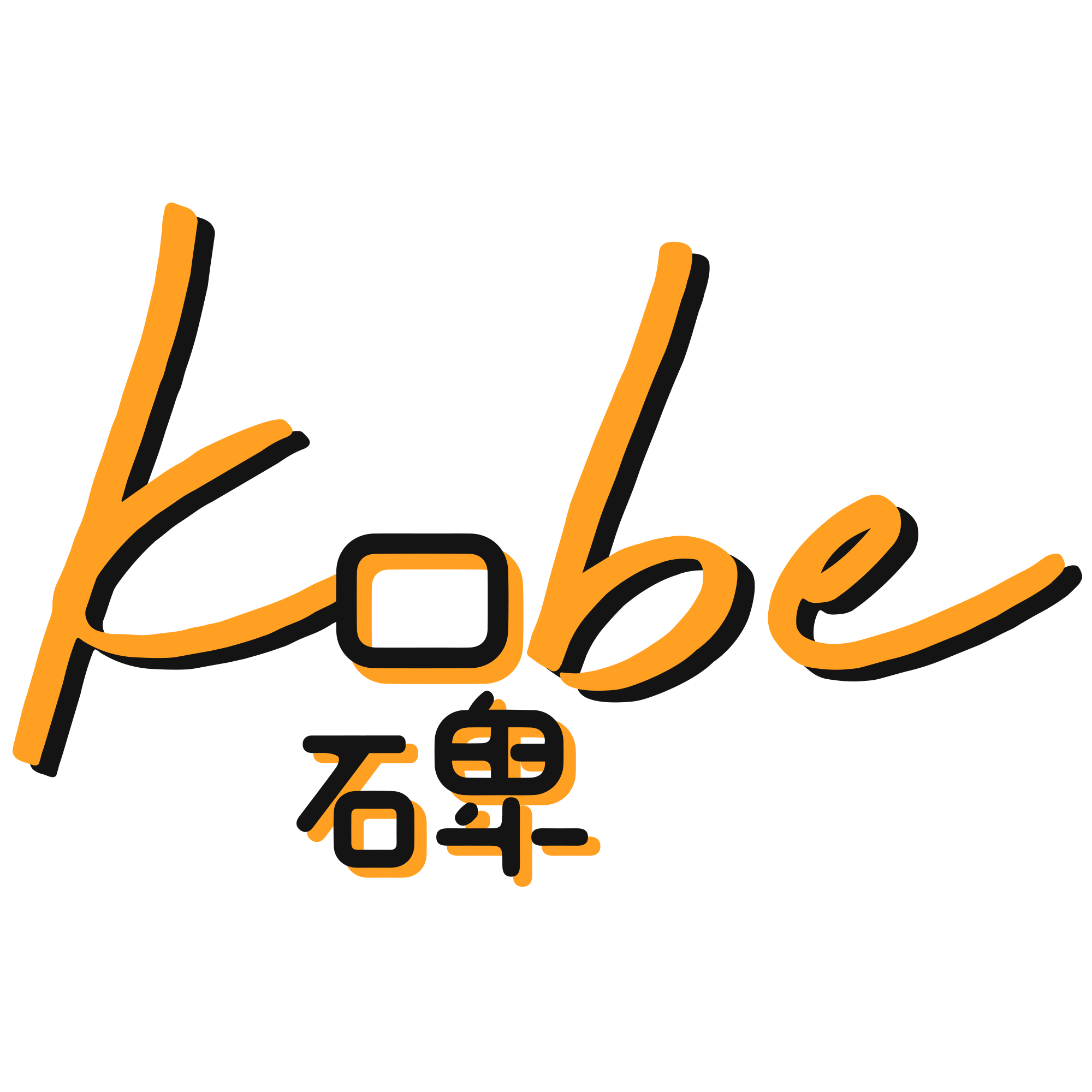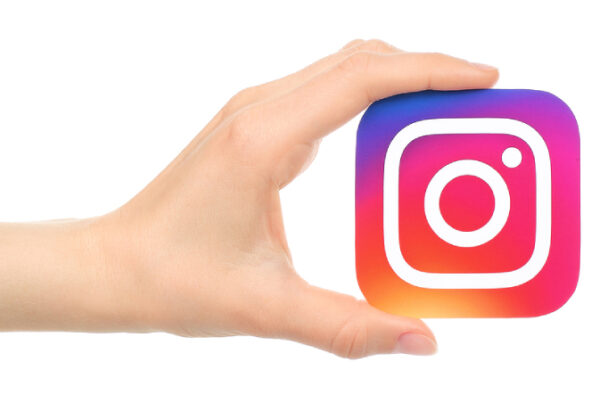Is Influencer Marketing a form of Advertising or PR Strategy?

Rise of influencer marketing
Take a quick scroll through your Instagram/Facebook. There will be no trouble finding an influencer sharing about their ‘new found love’. Influencer marketing is a rising trend that businesses are picking up. It allows businesses to spread their brand across larger groups of target audiences through credible personalities online. In addition, it also allows them to share the good word on your behalf.
Brands placed their trust on the influencer’s ability to cast a persuading effect across their followers by sharing their personal experiences and opinions with the said product/service. Through their dynamic influence, it is believed that influencer marketing allows reaching out a more targeted pool of suitable consumers that can create high engagement rates.
While some agree that influencer marketing is an effective advertising strategy, others debate that it is more of a PR strategy. Whose side are you on? Well, before deciding, we shall take a closer look at how what they each mean:
What is Advertising?
As defined, ‘advertising’ refers to the “act of calling something to the attention of the public especially by paid announcements”. This means that advertisers are paying a sum of money for the purpose of enticing consumers to purchase their product/service (commercials, posters, etc).
Lower Credibility
This method, however, tends to lose out in terms of credibility as it lacks authenticity from the consumer’s point of view. Every brand claims to be the leading mark in their industry, how would you know who indeed are the trustable ones? Even if trust is being gained through advertisements, that ‘trust’ is being purchased.
Full Control
Advertisers are entirely in control of the content being published, and that’s where they have the freedom to spring up all the attractive factors for the general public to read about. The outcome of the brand’s reputation and how others perceive them essentially lies at the fingertips of the advertisers.
What is PR (Public Relations)?
Defined as “A strategic communication process that builds mutually beneficial relationships between organizations and their publics”, PR strategies usually involves unpaid approaches that works on convincing the media/credible personalities to write about them. To cut it short, a brand earns their feature on the media instead of paying to get themselves featured.
There’s a saying that goes “Advertising is what you pay for, publicity is what you pray for.”
Higher Credibility
As the individual/media writing about them is not being obliged to do so, you know that whatever being expressed can be trusted. The very fact that they are not being paid or requested to talk about a particular brand, it displays higher authenticity that the public tend to be less wary of being cheated of.
Lesser Control
However, due to a non-compliance relationship, it is unclear whether the brand will even get featured in the first place, or if they really do, it becomes a matter of ‘when’. Brands are unable to expect what comes next for them, especially when they have 0% control over what is being written about them (because the control lies on the writer’s opinions itself).
This table may give you a better idea on the clear distinction between Advertising & PR:

Source: https://www.forbes.com/sites/robertwynne/2016/01/21/five-things-everyone-should-know-about-public-relations/#59844d5a2a2c
Conclusion: Is influencer marketing an Advertising or PR strategy?
Well, we can say influencer marketing is sandwiched between advertising and PR.
Firstly, brands engaging an influencer for a feature usually involves a paid transaction between them. You can’t say for sure whether the posts are 100% credible (as influencers might be doing it just to get paid) BUT you too can’t guarantee that it is not written from their honest point of views. There is a possibility that the influencer is truly contented with the product/service they are writing about and is sharing it with their followers through personal experiences.
Secondly, a brand can work towards maintaining a close rapport with influencers by sending them free samples during every new launch/inviting them to events and openings etc. There is no explicit request that the influencer must feature the brand just because they received complimentary items, and it is entirely up to the influencer whether or not they choose to talk about them (and of course, what they choose to write about the brand).
Thus, influencer marketing is neither fully advertising, nor fully PR. It is a mix of each that involves both paying the influencer to write about the brand, and at the same time simply trying to maintain a healthy relationship with the influencers (without paying them but still stand a chance to get featured!)




